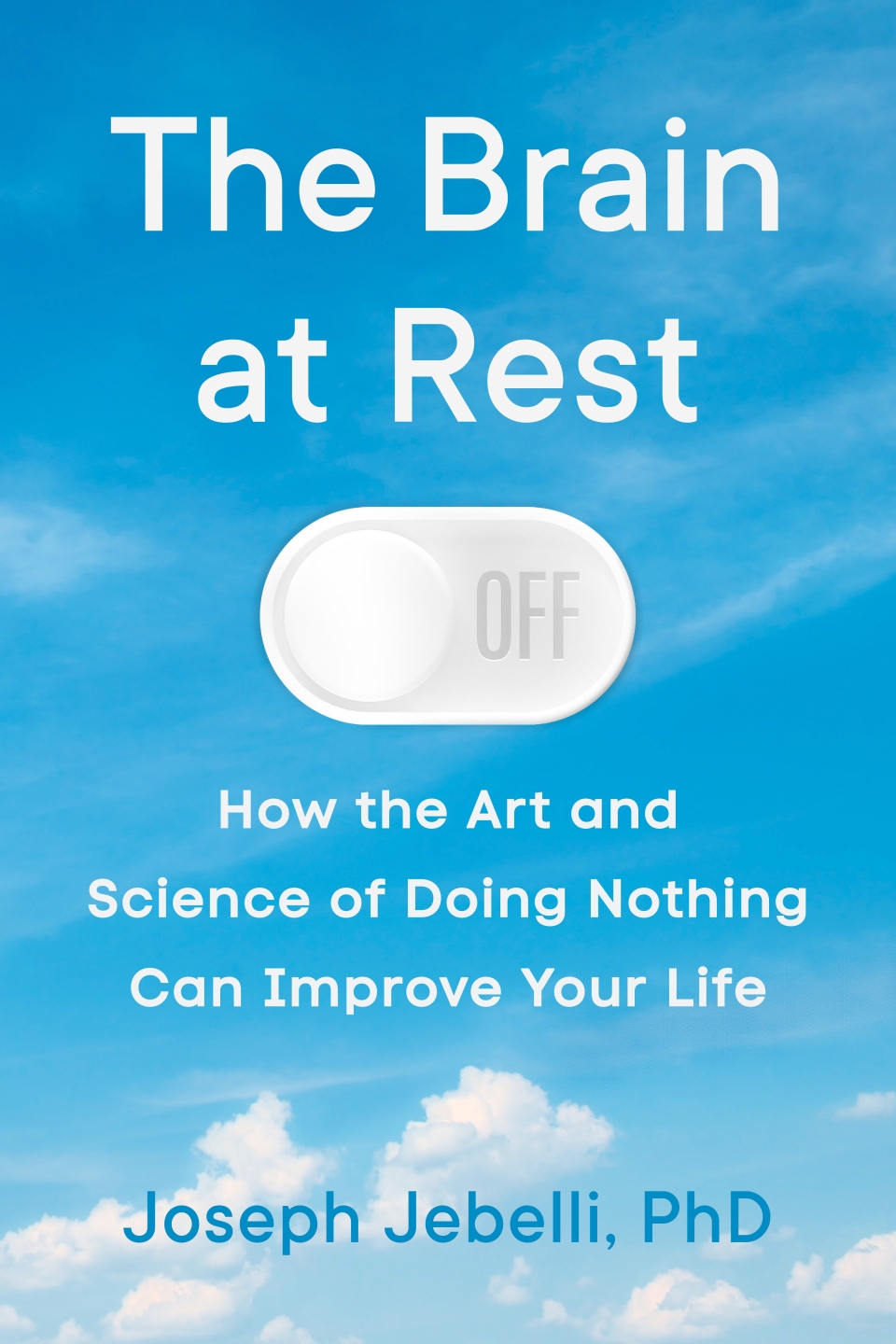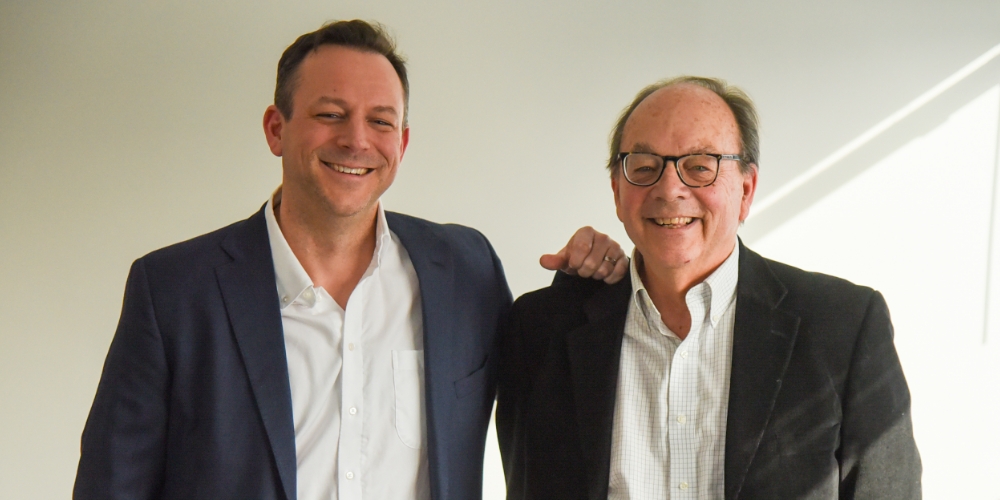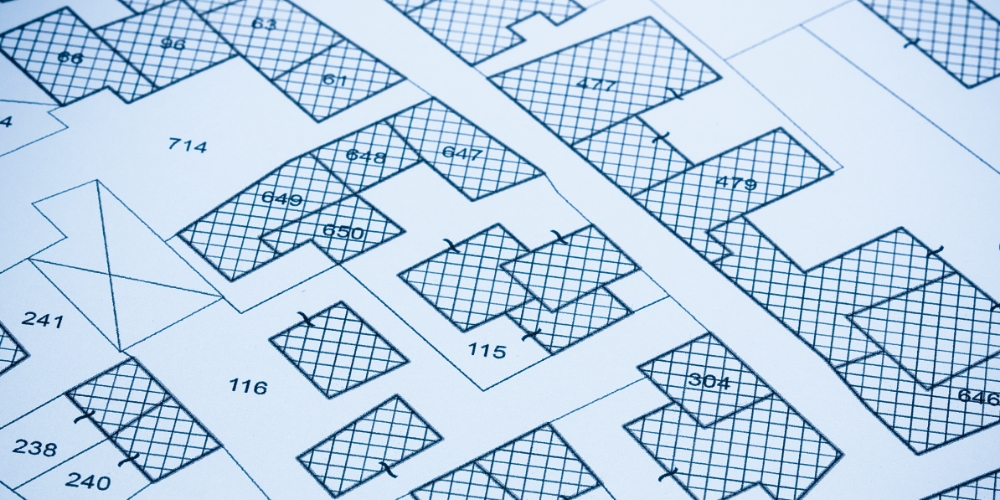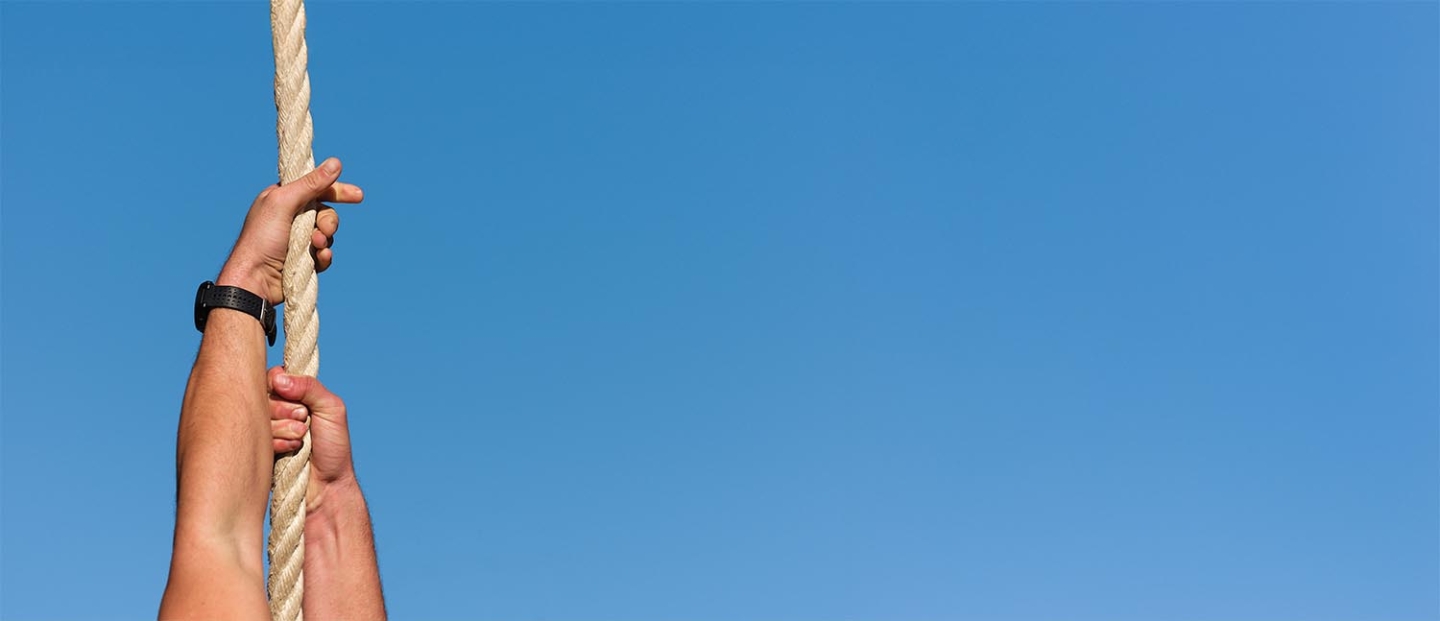“The Brain at Rest: How the Art and Science of Doing Nothing Can Improve Your Life” by Joseph Jebelli, PhD
2025/Dutton
$32/288 pages
Joseph Jebelli remembers his father as a driven man. He worked long hours and was up early, desk-bound all day and apparently hated it, until one evening he came home, spent. Jebelli’s mother took her husband to a doctor, where he received a diagnosis of severe depression.
Jebelli was 10 years old. His father never worked again.
Despite all that, Jebelli was also driven to overachieve but as time passed, his life became a shambles and he knew he needed to step back. He started by retreating slowly and gently away from too much work, which took a while, and his well-being has improved considerably.
Jebelli is not alone. Studies show that if volunteers are given a 10- or 20-minute rest before or during a random task, they generally exhibit enhanced performance. Similar studies indicate that overwork can harm a business’s bottom line.
It may take effort to learn to do nothing, but Jebelli has suggestions: stare at a wall for at least 20 minutes a day and let your mind wander during that time. Schedule rest breaks. Go outside, or just outside your office. Find something new to try at least once a week. Understand that isolation and solitude aren’t always bad things, and that not socializing is okay. Hit the “snooze” on your alarm and laze for 10 minutes each morning. Embrace what the Danes call niksen, or the art of doing nothing.
In “The Brain at Rest,” Jebelli shows what a too-packed schedule can do to the human body and mind. He shows that disconnecting is hard but worthwhile.













_Alex-and-Jason-in-front-of-map-sm.jpg)





